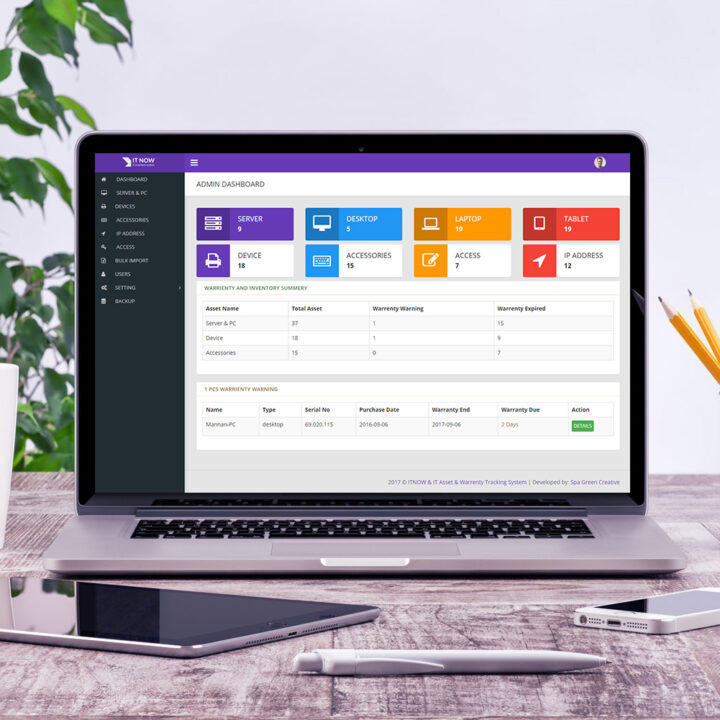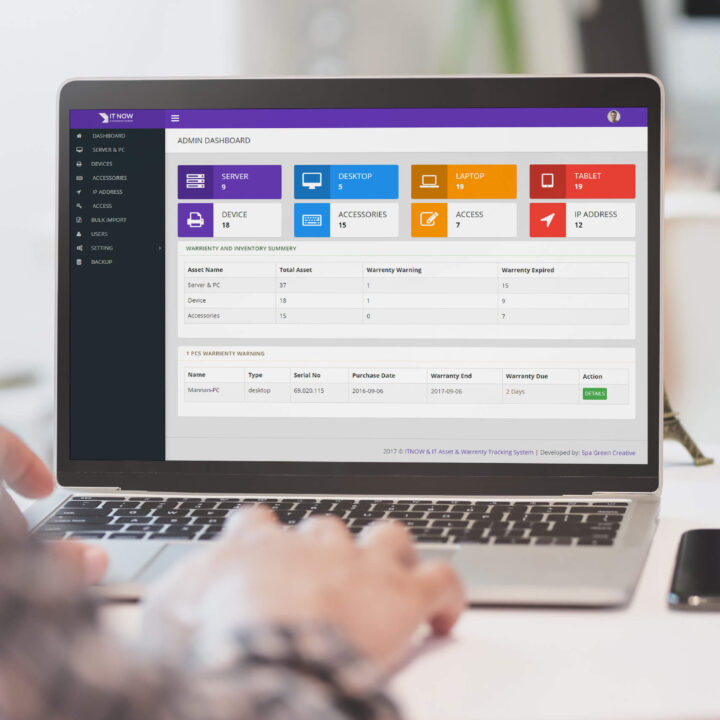What Is Blockchain Technology And How Does It Work
Blockchain technology is a decentralized digital ledger system used to record transactions across multiple computers securely and transparently. At its core, a blockchain is a chain of blocks, where each block contains a list of transactions. These blocks are linked together in chronological order, forming a continuous chain.

Here's how it works:
Decentralization: Unlike traditional centralized systems where a single authority controls the ledger, blockchain operates on a decentralized network of computers (nodes). Each node in the network stores a copy of the entire blockchain, ensuring redundancy and fault tolerance.
Transactions: Transactions are grouped into blocks. Each transaction typically includes details such as the sender’s address, the receiver’s address, the amount of cryptocurrency transferred, and a timestamp.
Consensus Mechanism: Before a block is added to the blockchain, the network of nodes must reach a consensus on its validity. Various consensus mechanisms, such as Proof of Work (PoW) or Proof of Stake (PoS), are used to achieve agreement among the nodes.
Hashing: Each block contains a unique cryptographic hash of the previous block, effectively linking it to the previous block. This creates a chain of blocks, hence the name “blockchain.” Any attempt to tamper with a block would require changing all subsequent blocks, making the blockchain immutable and resistant to fraud.
Security: Blockchain technology employs encryption techniques to ensure the security and integrity of transactions. Transactions are verified and recorded transparently and irreversibly, reducing the risk of fraud and unauthorized alterations.
Smart Contracts (Optional): Some blockchains, such as Ethereum, support smart contracts, which are self-executing contracts with the terms of the agreement directly written into code. Smart contracts automatically enforce and execute the terms of the agreement without the need for intermediaries.
Embracing Blockchain: How It's Set to Revolutionize Every Industry
As we hurtle into the era of digital transformation, one technology stands out as a true game-changer: Blockchain. It’s not just a buzzword anymore; it’s a catalyst for innovation across every sector imaginable.
Here's why:

Transparency and Trust
Blockchain’s decentralized nature eliminates the need for intermediaries, fostering trust in transactions. Whether it’s supply chain management, finance, or healthcare, the transparent and immutable nature of blockchain ensures accountability and reduces fraud.
Enhanced Security
Traditional centralized systems are vulnerable to cyberattacks. Blockchain’s cryptographic algorithms make altering data nearly impossible, offering robust security against tampering and unauthorized access.
Streamlined Processes
Smart contracts automate and execute agreements, eliminating the need for manual intervention and reducing the risk of errors. This efficiency translates into cost savings and accelerated processes across industries.
Supply Chain Revolution
Blockchain enables end-to-end traceability in supply chains, from raw materials to end products. This transparency enhances quality control, reduces counterfeiting, and ensures ethical sourcing—a win-win for businesses and consumers alike.
Financial Inclusion
Blockchain facilitates secure and low-cost transactions, making financial services accessible to the unbanked and underbanked populations. Through decentralized finance (DeFi), individuals can access loans, savings, and investments without traditional intermediaries.
Data Privacy
With growing concerns over data privacy, blockchain offers a solution by giving users control over their personal information. Through self-sovereign identities, individuals can manage and share data securely, empowering them in the digital realm.
Revolutionizing Healthcare
- Blockchain’s ability to securely store and share medical records enhances interoperability and patient care.
- From managing pharmaceutical supply chains to tracking clinical trials.
- Blockchain is reshaping the healthcare landscape.
Renewed Trust in Elections
By leveraging blockchain for voting systems, governments can ensure the integrity and transparency of elections. Immutable records prevent tampering and provide citizens with confidence in the democratic process.

Unlocking the Potential of IoT
- Blockchain’s decentralized architecture complements the Internet of Things (IoT) by providing a secure and scalable platform for device-to-device communication and data exchange.
- Empowering Decentralized Autonomous Organizations (DAOs)
- Blockchain enables the creation of DAOs—organizations governed by smart contracts and run transparently on the blockchain.
Are you looking for any assistance for Blockchain Application Development Connect SpaGreen Creative for your project?
These entities foster collaboration and innovation while minimizing traditional hierarchical structures.
The potential of blockchain technology is limitless, and its impact will be felt across every aspect of our lives. It’s not merely a disruption; it’s a transformational force that’s set to redefine our future. Embrace it, or risk being left behind.
Author












